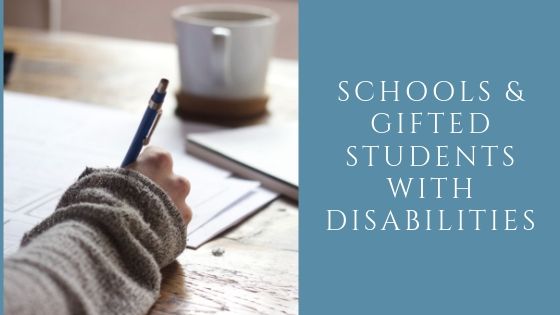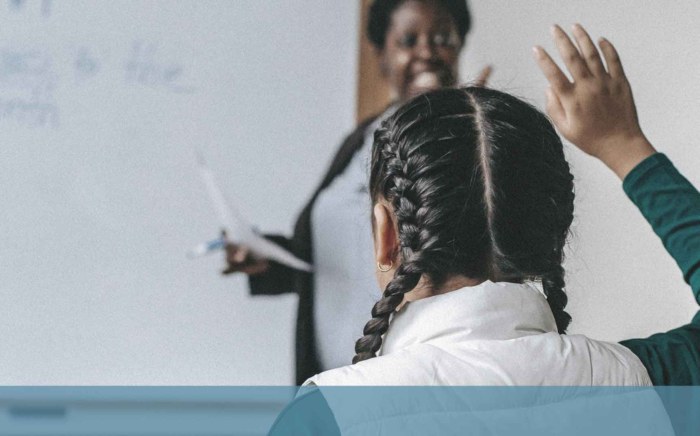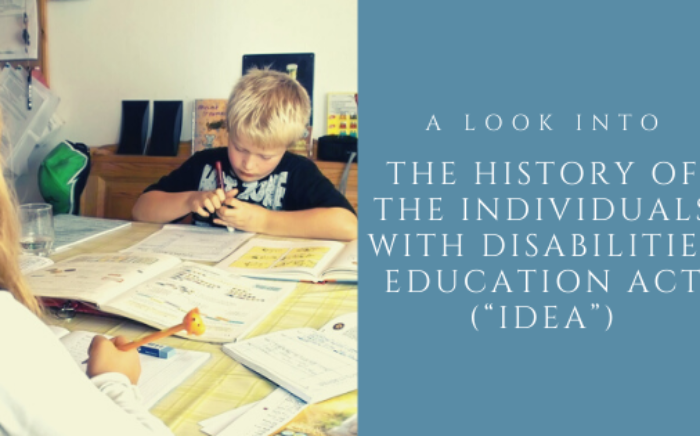A lesser known challenge facing a fair amount of students and parents is a category of students who are known as “twice exceptional” or “2e.” For these students, education is something they often excel at while simultaneously finding it incredibly challenging.
In the United States, it is estimated that there are around 3 million children in K-12 identified as gifted. For students to be identified as “gifted,” they need to display a higher than expected aptitude in a specific area that is above what is typically expected of their age group. These aptitudes can be in intellectual or creative areas or could manifest themselves in a specific subject for a student. For example, they could be far ahead of their age group for math, but more average in other areas.
When it comes to identifying whether or not a student is gifted, it can vary in how it shows itself. Giftedness manifests itself in a variety of ways and all students are different. School can generally be challenging for gifted students because they find traditional classrooms not moving at their speed of learning and end up being bored, which sometimes leads to acting out.
However, for some gifted students, there are even more challenges in finding the type of education they need. Twice exceptional students often find it even more challenging to receive the resources they need when it comes to education.
Who are Twice Exceptional Students?
Twice exceptional students are those students who excel in academic subjects and have high aptitudes while also possessing some type of disability that can impact their education. It is estimated that around 6 percent of all students who have a disability also fall into the “gifted” category. Examples of these learning and behavioral challenges can be ADHD, autism, or dyslexia.
These 2e students are often continuously misplaced in classrooms. For some students, they are put into special education classrooms to manage their behavioral challenges, but breeze through their schoolwork and find no intellectual challenges in school, leading to them becoming bored and their potential for accelerated learning left by the wayside. For other 2e students, they are placed into gifted classrooms, but their learning or behavioral disability makes it nearly impossible to successfully learn in that environment, especially when taught by a teacher who has not been properly trained to work with children who are gifted and also have a disability.
These issues lead to twice exceptional students struggling to find an environment where they can receive an adequate education.
What Challenges Do Parents Face?
Parents of twice exceptional students face a variety of challenges, particularly when their student has not been identified as 2e. Parents may notice that their child learned to read or write at an unusually young age, but have teachers tell them that in school, the student is falling behind and is unable to complete his work. As with any student who requires special accommodations for their education, parents may receive pushback from schools and denials that their child has both a learning disability and giftedness.
For many, the idea of a gifted student having a learning disability seems unlikely; however, we need to work against that stigma. Too often, a student’s intelligence hides her disability and prevents her from getting necessary assistance or vice versa. Parents can have their child undergo a neuropsychological evaluation to determine if their suspicions are true. Unfortunately, for many students, this option is too costly. Many of the routes open to the parents of 2e students benefit those from middle- and upper-class families, while other parents do not have the resources to get the assistance their child needs. Parents should know that school districts are mandated to evaluate students in all areas of suspected disability, free of charge. If the school district fails to timely evaluate or the parents disagree with the evaluative results, parents can seek to have the school district pay for an independent evaluation.
State of 2e Students in NYC
Some states and districts have recognized the prevalence of twice exceptional students and are working to provide accommodations for them. In Colorado, teachers across the entire state have the opportunity to be trained in twice exceptionality. Unfortunately, in New York, we still have a long way to go until 2e students receive the help they deserve. There is good news; some of the more selective public schools in NYC, Brooklyn Technical, Bard College, and Townshend Harris, are taking steps to be more inclusive.
Thanks to parent activists who have brought attention to the struggle of 2e students and protested the lack of resources, the New York City Department of Education has begun to take notice of twice exceptional students and start to provide training for teachers and resources for those students.
How to Work Toward a Solution
One of the more common solutions sought out by parents is sending their child to a private school that can better meet her unique needs. Instead of fighting with the public education system, finding a school that’s suited to a 2e child’s needs can be a relief. However, many parents still need to fight through the situation with public schools in order to be able to send their child to an appropriate private school; oftentimes, parents can have public schools cover the cost of tuition of the private school, though that usually requires a legal battle that can be expensive and may take a long time. If parents feel that suing a school is their best option, they need to ensure they find a trustworthy special education lawyer.
It can also be challenging to prove that a student’s educational needs are not being met. A School district may argue that the student is “too smart” to have a disability or argue that the report card does not reflect a learning issue.
There are other alternatives besides sending a student to a private school; public schools can work toward better preparing their teachers to work with 2e students. Another way to encourage schools to provide the necessary programs for twice exceptional students is by making it easier to prove that they exist as students. When working with schools to prove a child needs better accommodations, parents need to prove that their child meets the criteria of the federal Individuals with Disabilities Act (IDEA). Dealing with this language can be tricky, especially since it specifies that to receive special services, a student’s disability “adversely affects educational performance.” For students who are excelling in school, but have other issues due to a disability, this requirement can often be tricky to tangibly prove.
While there are plenty of challenges associated with providing 2e students the resources they need, more and more parents are becoming educated on the topic and advocating for their children. Schools districts are starting to provide training for teachers and are willing to work with parents to better provide for twice exceptional students. We have a long way to go, and knowing what your child’s rights are can help you help your child.




